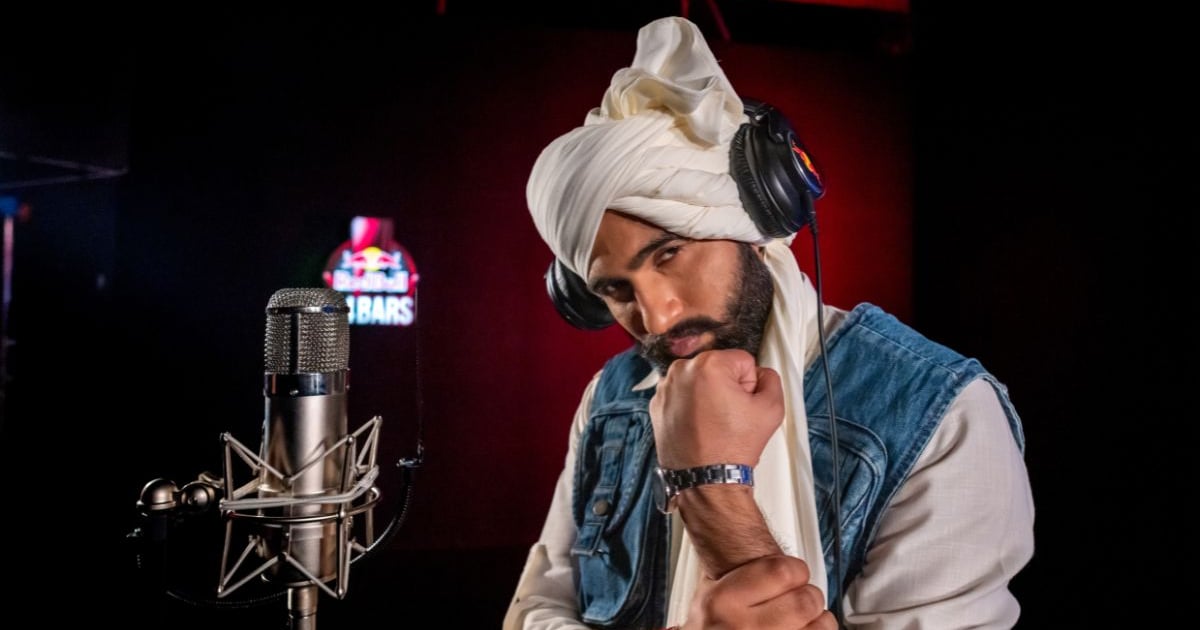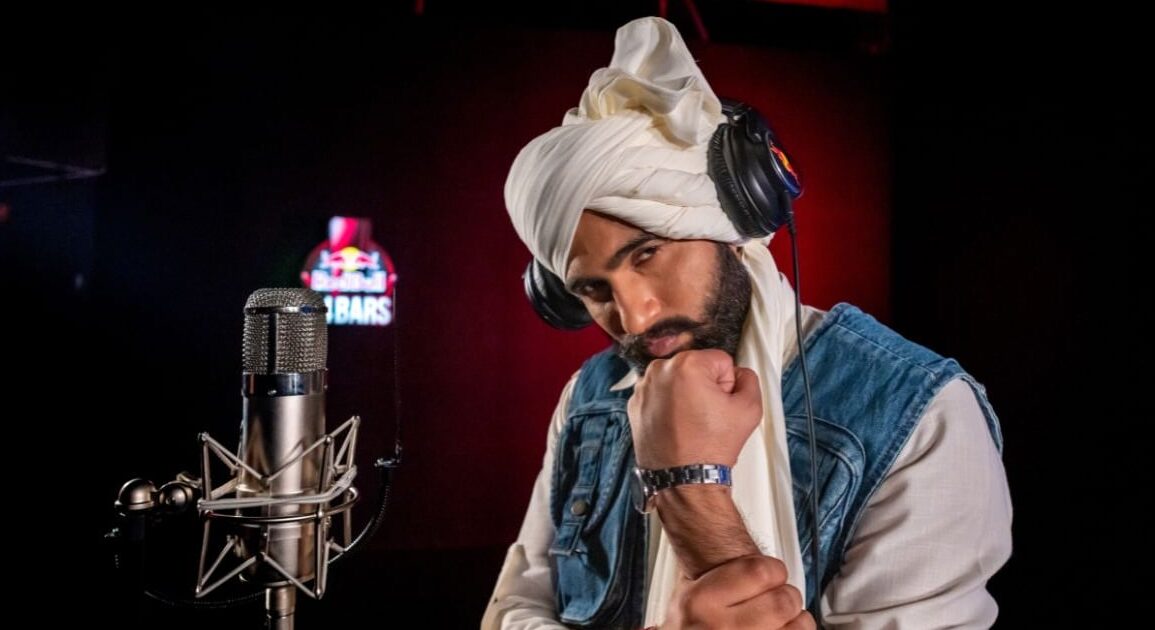
The rise of regional hip-hop
In recent years, regional-language hip-hop has received a major shot in the arm. “A lot has changed in the last two-three years. We’ve got media outlets now covering hip-hop; interviews and podcasts diving deep into the meaning behind the lyrics. We’ve got people explaining hip-hop culture and shows like Hustle that have given a platform exclusively to hip-hop artistes. Then, when movies started featuring hip-hop, it gave the genre a huge fillip and helped it reach a wider audience. People began realising they could build a career around hip-hop. The genre is gaining acceptance because people can connect with the lyrics in their language,” he says.
Abhishek adds that hip-hop is an easy genre. “If you want to pursue singing, you need to learn about notes, scales, and pitch, but with hip-hop, if you’ve got the words, you can just speak them. Rap is an easy way to express your thoughts. It’s also a dynamic art form—there’s no limit to what you can talk about.”
Winning Hustle and family recognition
Despite growing up in a rural house-hold, where access to hip-hop was almost implausible, Abhishek was drawn to music. “Growing up, I listened to raginis, and American rapper J Cole, who had a major influence on me. But the real spark came from Siddhu Moosewala—he’s my inspiration.”
Abhishek says that today, his family is proud of him. “My mother is very happy for me, although she doesn’t fully understand what I do. She can recognise when I incorporate folk culture into my work, especially when I use a ragini from an old song. For example, Laado is a song from our region about Radha and Lord Krishna, where Radha asks Krishna why he has a dark complexion. In my song Kakori Kaand, I’ve infused a ragini from a song by Satpal Dausa ji, a melody I’ve heard since childhood. This song is based on the story of Draupadi from the Mahabharata. When people hear it, they often search to find out who Satpal Dausa ji is. Through such references, I try to show how rich our culture is.”
Abhishek says that his family is now his first audience. “I’ve started making them listen to my songs a lot now. For instance, I recently made a song based on Meera ji and her devotion to Lord Krishna, and they told me it’s my best work till date.”
Talking about his upcoming projects, he adds, “I had collaborated with my friends on a new collective called Ferozi and had released two singles—Farida Drip and 51 Garh—and now the full album is about to drop.”
Future of the Indian hip-hop scene
“The Indian hip-hop scene is only going to grow. I genuinely believe it’s on track to become the biggest in the world. Look at the talent we have today—artistes like Hanumankind, Diljit (Dosanjh) paaji, and Karan Aujla—they’re all on the same level as Siddhu (Moosewala) paaji. And don’t forget, there’s a huge wave of talent coming up in regional languages as well. To truly reach people, you have to speak their language, and that’s why hip-hop in regional languages is growing so fast. It’s being embraced by the masses. Punjabi hip-hop has been around for a while, and now Haryanvi hip-hop is taking off like never before. Artistes like Dhanda Nyoliwala are killing it and making a huge impact on the scene.”
His creative journey
Abhishek says he is content with his journey so far. ‘‘In the past, I used to create music for the audience, but now I feel like I’m doing it for myself, and that makes me happy. Of course, people listen to my music and show me love, so that’s a bonus. When I create something new that I’ve never done before, it brings me joy. I don’t want to repeat songs like Laado or Naina ki talwar. I want to make something different, something that truly excites me.”
He adds, “I want to explore everything. Hip-hop is my foundation, but I also want to experiment with rock, pop, soft rock, funk, and reggae. I’m not the type of artiste who wants to stick to one genre. I want to push boundaries and keep evolving. That’s the beauty of hip-hop—it’s all about freedom and being yourself.”
sangeetha.p@newindianexpress.com
X- @psangeetha2112
This post was originally published on this site be sure to check out more of their content.







